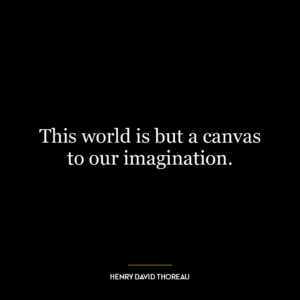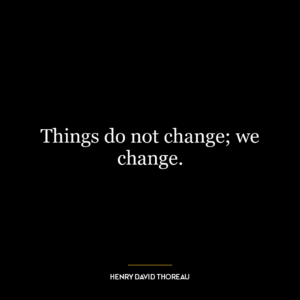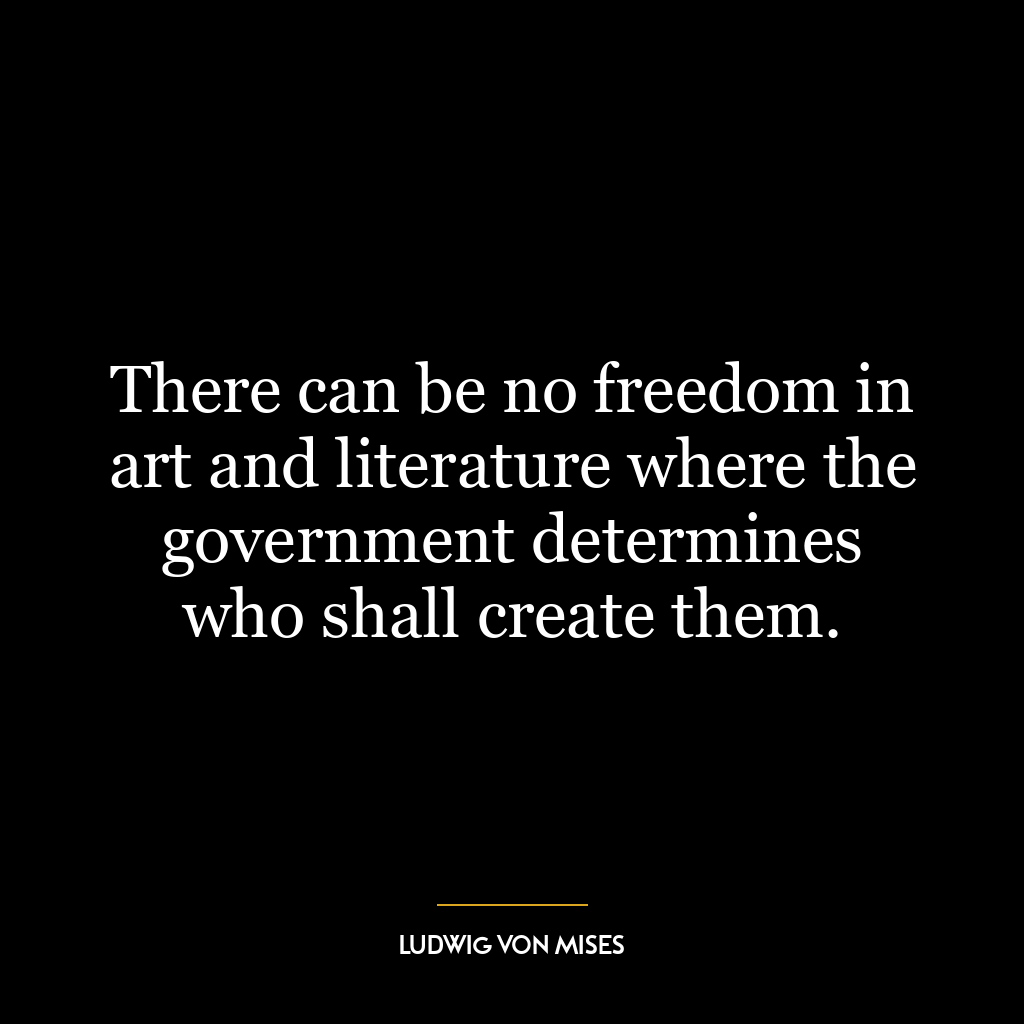The quote "That government is best which governs the least, because its people discipline themselves" emphasizes the value of self-governance and minimal government intervention. The concept is rooted in the belief that individuals are capable of managing their own affairs and making decisions that are in their best interests. When people discipline themselves, they are self-regulated and self-directed, reducing the need for external control or governance.
The quote suggests that a government’s effectiveness should not be measured by the extent of its control over its citizens, but rather by how little it needs to intervene because its citizens are self-disciplined. This is a significant departure from the view that a government’s strength lies in its ability to control and direct its citizens. Instead, it posits that a government’s strength lies in its ability to foster an environment where citizens can exercise self-discipline, self-control, and self-governance.
Applying this concept to today’s world, one might argue that societies with less restrictive governments – those that allow for freedom of expression, thought, and action – tend to be more innovative and prosperous. This is because citizens are given the room to exercise their creativity, take risks, and learn from their mistakes, all of which are essential for growth and progress. On the other hand, societies with more restrictive governments often stifle creativity and innovation, leading to stagnation and decline.
In terms of personal development, this quote suggests that individuals are capable of self-regulation and self-improvement. It underscores the importance of personal responsibility, self-discipline, and self-control in achieving personal goals and success. Just as a government should not need to heavily regulate a self-disciplined society, an individual should not need to rely on external factors or influences to motivate them to achieve their goals. Instead, they should be able to motivate and discipline themselves, taking personal responsibility for their actions and their outcomes.
However, it’s important to note that while self-discipline is crucial, it does not negate the need for governance entirely, whether on a societal or personal level. Rules and regulations, like personal boundaries and standards, are necessary to provide structure and order, and to prevent harm to oneself or others. The key is finding the right balance between self-discipline and external governance.












